On October 6, 2024, General Secretary and President To Lam and a high-ranking Vietnamese delegation laid flowers at the statue of President Ho Chi Minh at Montreau Park in Montreuil, a suburb of Paris. (Photo: Nhan Dan Newspaper) |
Born in the lotus blooming season in 1890, growing up in the colonial land of Annam, and engaging in political life around the world during the 30 years of revolutionary storms of the 20th century (1911-1941), Ho Chi Minh became the first Vietnamese communist; a steadfast and creative Marxist-Leninist theorist; the founder of the Communist Party of Vietnam, opening the path to national independence and socialism; the leader of the people's war, comprehensively defeating the wars of aggression of both colonialism and imperialism; the founder of the Democratic Republic of Vietnam, a source of vital inspiration for the peoples of Asia, Africa, and Latin America to redraw the world map after 1945; the brightest symbol of peace, friendship, solidarity, and cooperation between peoples in the new era; the crystallization of Eastern and Western cultures as signaling the birth of "a culture of the future" (1).
Ho Chi Minh is one of the revolutionary leaders who was known to millions of people around the world from a very early age. He is admired as “the most modest and radical Marxist-Leninist of our time” (Fidel Castro); as “the symbol of communist wisdom in Asia” (R.Arismendi); as “the great and steadfast leader” (Indira Gandi); as the greatest example of “integrity, humanity and modesty” (Salvador Agende)...(2).
As a citizen of a colonial country, Ho Chi Minh understood the brutal nature of colonialism and was saddened by the suffering of all oppressed people around the world. Regardless of skin color and ethnicity, these were miserable people who needed to unite in a common struggle to overthrow colonialism.
With the friendship of "the proletariat in all directions are brothers", Ho Chi Minh harshly criticized some comrades in the Communist International for not correctly assessing the colonial issue and confidently affirmed that the proletarian revolution was completely capable of breaking out first in the colonies, then creating conditions for workers and laborers in the mother countries to carry out the revolution to liberate the class and liberate society.
Ho Chi Minh's intellectual light and revolutionary enthusiasm made the famous Soviet culturalist Osip Emilyevich Mandelstam exclaim in 1923: "Through the noble demeanor and warm voice of Nguyen Ai Quoc, we seem to hear tomorrow, see the immense silence of world friendship" (3).
When he heard the news of the French colonialists' defeat at Dien Bien Phu on May 7, 1954, the famous British musician Ewan MacColl asked himself: Why in Vietnam? Immediately after, he answered himself:
Because Ho Chi Minh was there. And with that inspiration, the musician immediately wrote the masterpiece Ho Chi Minh Song. Up to now, Ho Chi Minh Song has been translated into seven languages in the world, and is sung by many people of all ethnic groups in major events, especially in youth and student festivals around the world.
Musician Ewan MacColl dedicated to the song the following lines depicting the timeless stature of Ho Chi Minh: “There are things in the world that cannot be changed. There are birds that never yield. There are people who live forever: Ho Chi Minh” (4).
Ho Chi Minh is a symbol of true peace in today's era, a peace associated with national independence, national sovereignty, democracy, equality and social progress. This is the source of vitality of Ho Chi Minh's example, the value of Ho Chi Minh's ideology in the life of progressive people around the world, as assessed by the Central Executive Committee of the Communist Party of Cuba: Ho Chi Minh belongs to a special class of people whose death has sown the seeds of life and is an eternal source of encouragement.
To date, more than 20 countries in the world have built Ho Chi Minh monuments with dozens of works rich in architectural language and stature of the character. Hundreds of schools, flower gardens, parks, and avenues are named after him; Venezuelan universities include content about the country and culture of Vietnam in the Ho Chi Minh era in their teaching. Saint Petersburg University (Russian Federation) has a department researching Ho Chi Minh. Ho Chi Minh's complete works have been translated into many languages at the request of international friends...
According to a reporter from the Vietnam News Agency, Venezuelan Deputy Minister of Culture Ali Alejandro Primera said that the Venezuelan Government has directed relevant departments and sectors to closely coordinate with the Vietnamese Embassy to complete the final preparations for the art program “Forever Ho Chi Minh”, scheduled to be held at the Bolivar Theater in the capital Caracas on May 21.
People of all ethnicities around the world return to Ho Chi Minh today not only to honor a figure who "already became a legend while he was still alive", as commented by Mr. Modagat Ahmed, Director of the United Nations Educational, Scientific and Cultural Organization (UNESCO) Asia-Pacific region (5).
The return to Ho Chi Minh has even greater and more important significance: contributing to finding a way to solve the problems of today's world: peace, justice, freedom, and happiness for people.
Mr. Romesh Chandra, President of the World Peace Council, explained the vitality of Ho Chi Minh's ideology: "Wherever there is a fight for independence and freedom, there is Ho Chi Minh and the Ho Chi Minh flag flies high. Wherever there is a fight for peace and justice, there is Ho Chi Minh and the Ho Chi Minh flag flies high. Wherever people fight for a new world, against poverty, there is Ho Chi Minh and the Ho Chi Minh flag flies high" (6).
Yesterday, today and tomorrow, people of all nations around the world continue to praise Ho Chi Minh as a typical value representing the era of liberation and development. Ho Chi Minh's ideology encourages people of all nations on their journey towards a better world, a world of peace, independence, without hunger, poverty, injustice, and oppression.
Uncle Ho is Vietnam and Vietnam is the conscience and spirit of our time. Cuban poet Indio Naborí summarized very precisely: “Oh Uncle Ho/Praise you/Is the epic of our time/Completely contained in two words VIETNAM!”(7).
-----
(1) https://baotanghochiminh.vn/nguyen-ai-quoc-gap-nha-tho-xoviet-oxip-mandenxtam-khi-dang-hoat-dong-o-lien-xo.htm
(2) Ho Chi Minh lives forever in the hearts of humanity. Labor Publishing House - People's Army Publishing House, Hanoi, 1993
(3) https://baotanghochiminh.vn/nguyen-ai-quoc-gap-nha-tho-xoviet-oxip-mandenxtam-khi-dang-hoat-dong-o-lien-xo.htm
(4) https://baoxaydung.vn/ewan-maccoll-nguoi-sang-tac-bai-ca-ho-chi-minh-192147854.htm
(5) https://hanoimoi.vn/nguoi-da-tro-thanh-huyen-thoai-ngay-tu-khi-con-song-534913.htm
(6) Ho Chi Minh lives forever in the hearts of humanity. Labor Publishing House - People's Army Publishing House, Hanoi, 1993, p.90
(7) https://lamdong.gov.vn/sites/btg/hoc-tap-hcm/tai-lieu/SitePages/the-gioi-ca-ngoi-ho-chi-minh.aspx
According to Nhan Dan Newspaper
https://nhandan.vn/tinh-cam-sau-dam-cua-ban-be-quoc-te-post880331.html
Source: https://thoidai.com.vn/tinh-cam-sau-dam-cua-ban-be-quoc-te-213585.html


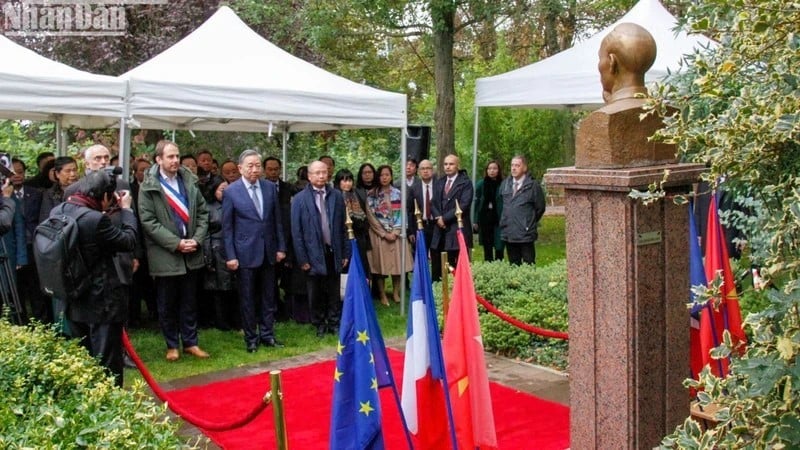
![[Photo] General Secretary To Lam chairs a working session with the Central Internal Affairs Commission](https://vphoto.vietnam.vn/thumb/1200x675/vietnam/resource/IMAGE/2025/5/22/3b7790f499da45b2803d8ae253207ef1)
![[Photo] Prime Minister Pham Minh Chinh chairs meeting on draft Resolution of National Assembly on International Financial Center in Vietnam](https://vphoto.vietnam.vn/thumb/1200x675/vietnam/resource/IMAGE/2025/5/22/d398664ff1a140629169ea5a24e1b4d0)
![[Photo] T&T 1 and Ho Chi Minh City 1 People's Police Teams won the men's and women's team championships](https://vphoto.vietnam.vn/thumb/1200x675/vietnam/resource/IMAGE/2025/5/22/39db06ae67cb4001b7a556e8d9a56d07)
![[Photo] Press delegation meeting to visit Truong Sa and DK1 Platform](https://vphoto.vietnam.vn/thumb/1200x675/vietnam/resource/IMAGE/2025/5/22/6b8d232877ec421a9e8187d83b9f8006)


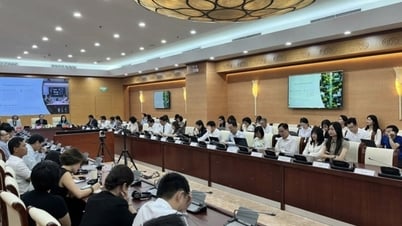
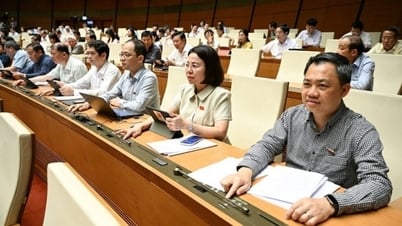

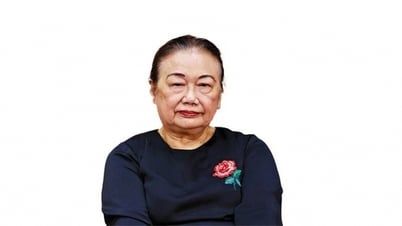
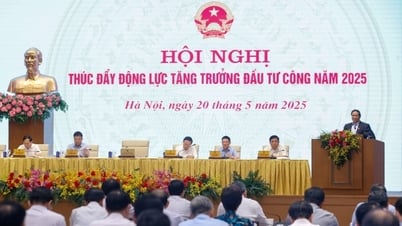
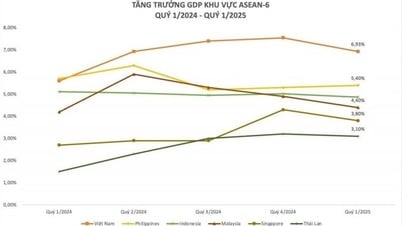




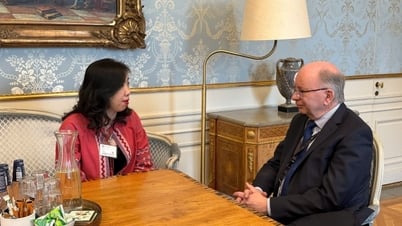
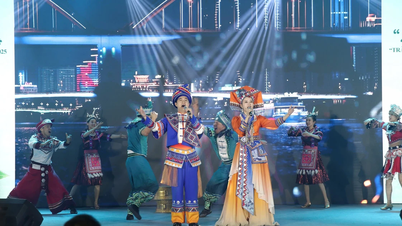
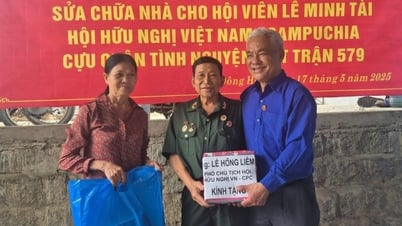

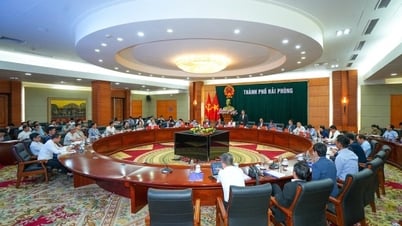
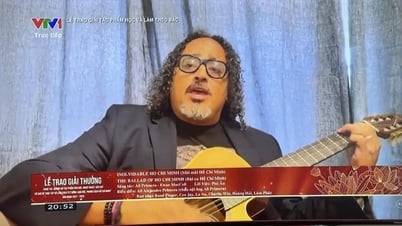
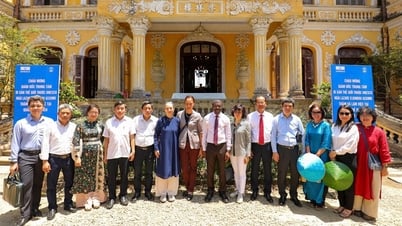






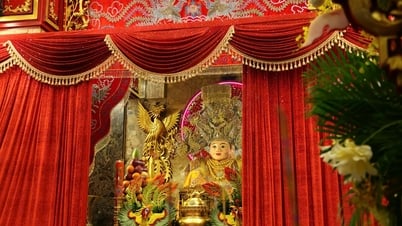


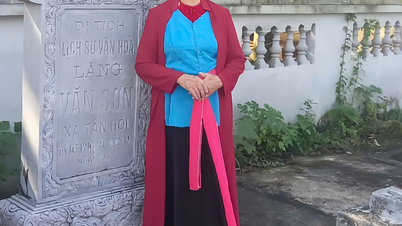














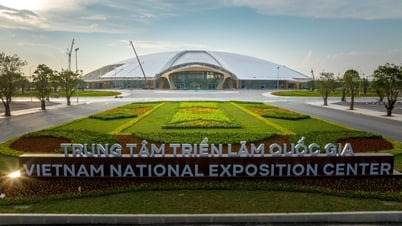


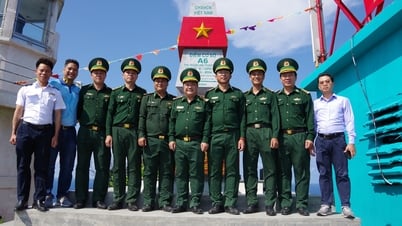
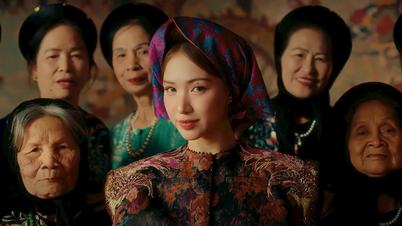







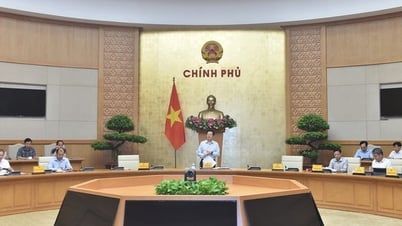

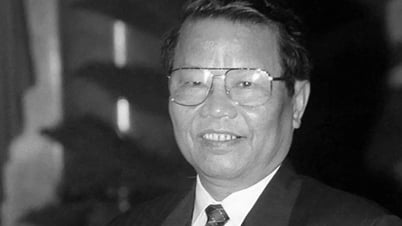
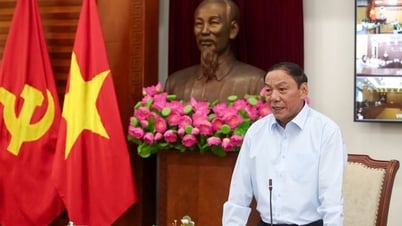
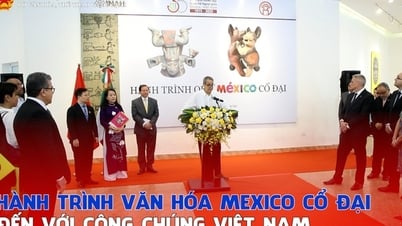
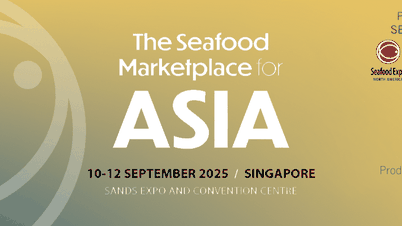

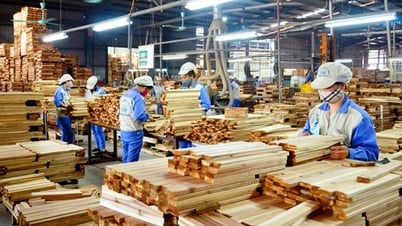


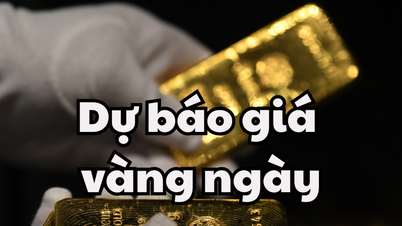

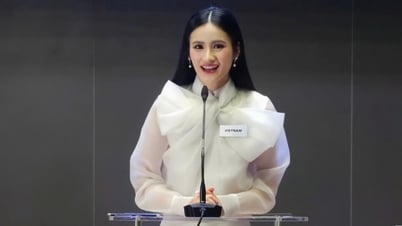

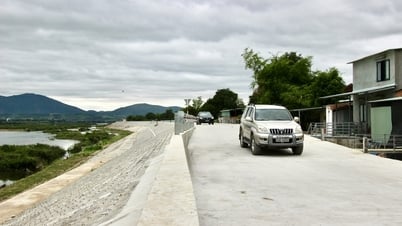

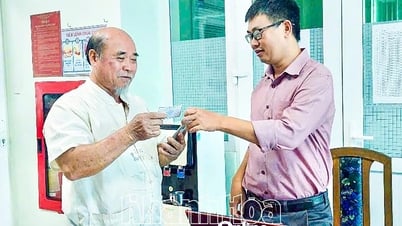





![[Podcast] Week introducing more than 500 OCOP products in Hanoi](https://vphoto.vietnam.vn/thumb/402x226/vietnam/resource/IMAGE/2025/5/22/d144aac2416744718388dbae3260e7fd)





Comment (0)